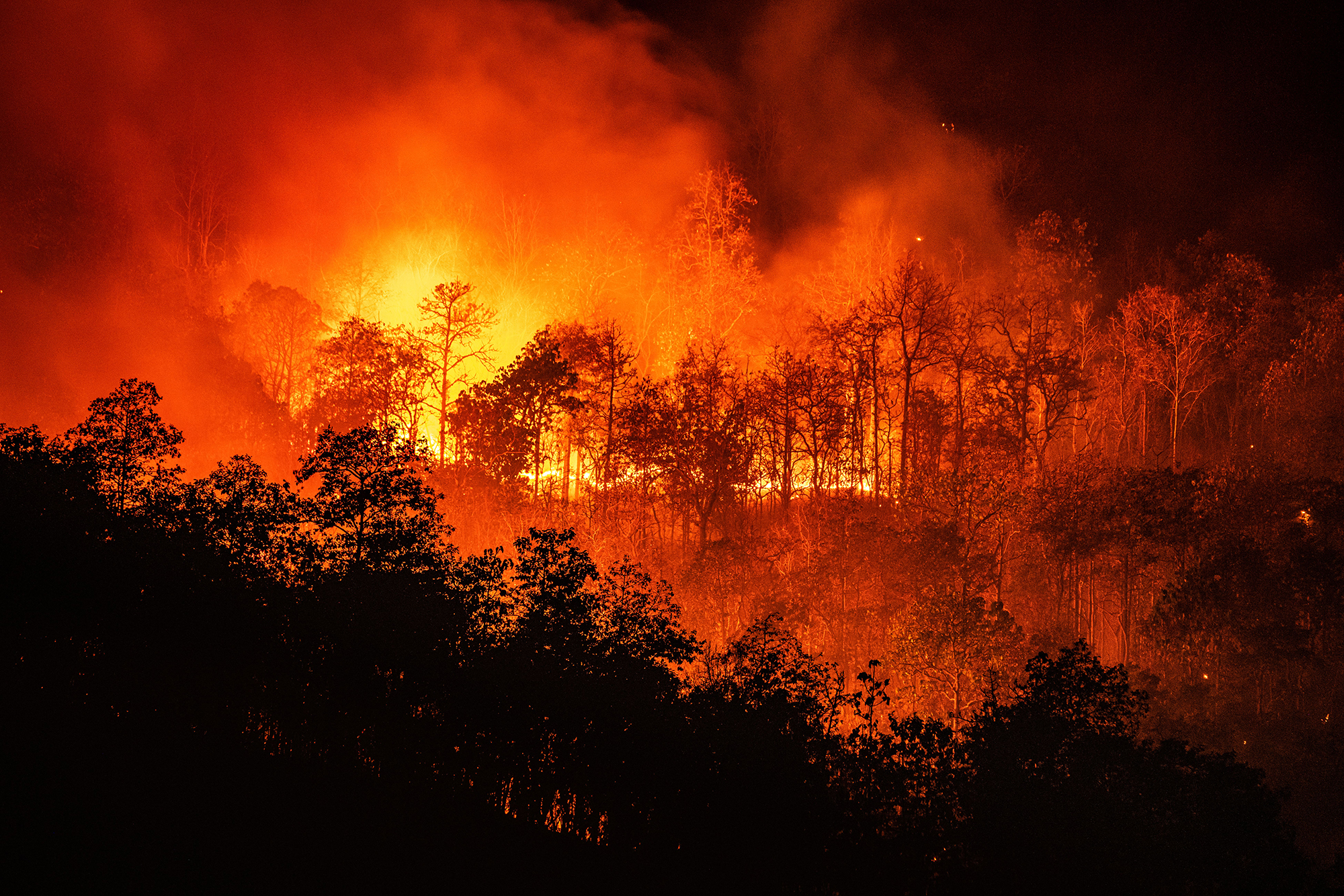Climate Action
Growing up next to a lead and copper smelter plant in El Paso — an immigrant community on the southern border — I witnessed the devastating effects pollution and environmentally dangerous practices have on working families and communities of color.

Whether toxic air quality of the smelter, worsening floods, debilitating droughts, or widespread wildfires, I know the dire effects of climate change are already here, with those communities bearing the brunt of its impact.
I want a healthy, safe future for all our children and grandchildren — and I’m fighting to invest in bold policies that address the climate emergency head on, especially in communities that have experienced generations of environmental injustice.

“Simply put, we must rapidly transition away from dirty fuels NOW or face dire consequences.”
In Congress and in California, I have fought for solutions that match the scale of this climate crisis:
Environmental Justice For All
- I’m an original co-sponsor of the A. Donald McEachin Environmental Justice for All Act, to tackle the climate crisis head-on and put impacted communities at the center.
A Green New Deal
- I am an original co-sponsor of the Green New Deal, which can kickstart a clean energy revolution and generate millions of high-wage jobs, and a co-sponsor of the Green New Deal For Cities Act, which would provide $1 trillion in federal funding for state and local governments to respond to the climate crisis.
Holding Fossil Fuel Corporations Accountable
- I have fought to hold fossil fuel corporations who knowingly destroy our planet for short-term profits accountable by supporting legislation to ban offshore drilling, raising taxes on corporate polluters’ fossil fuel income and wealth, and ending new federal fossil fuel infrastructure permits.
I will bring this fight to the Senate — to end fossil fuels, declare a climate emergency, and save our planet.